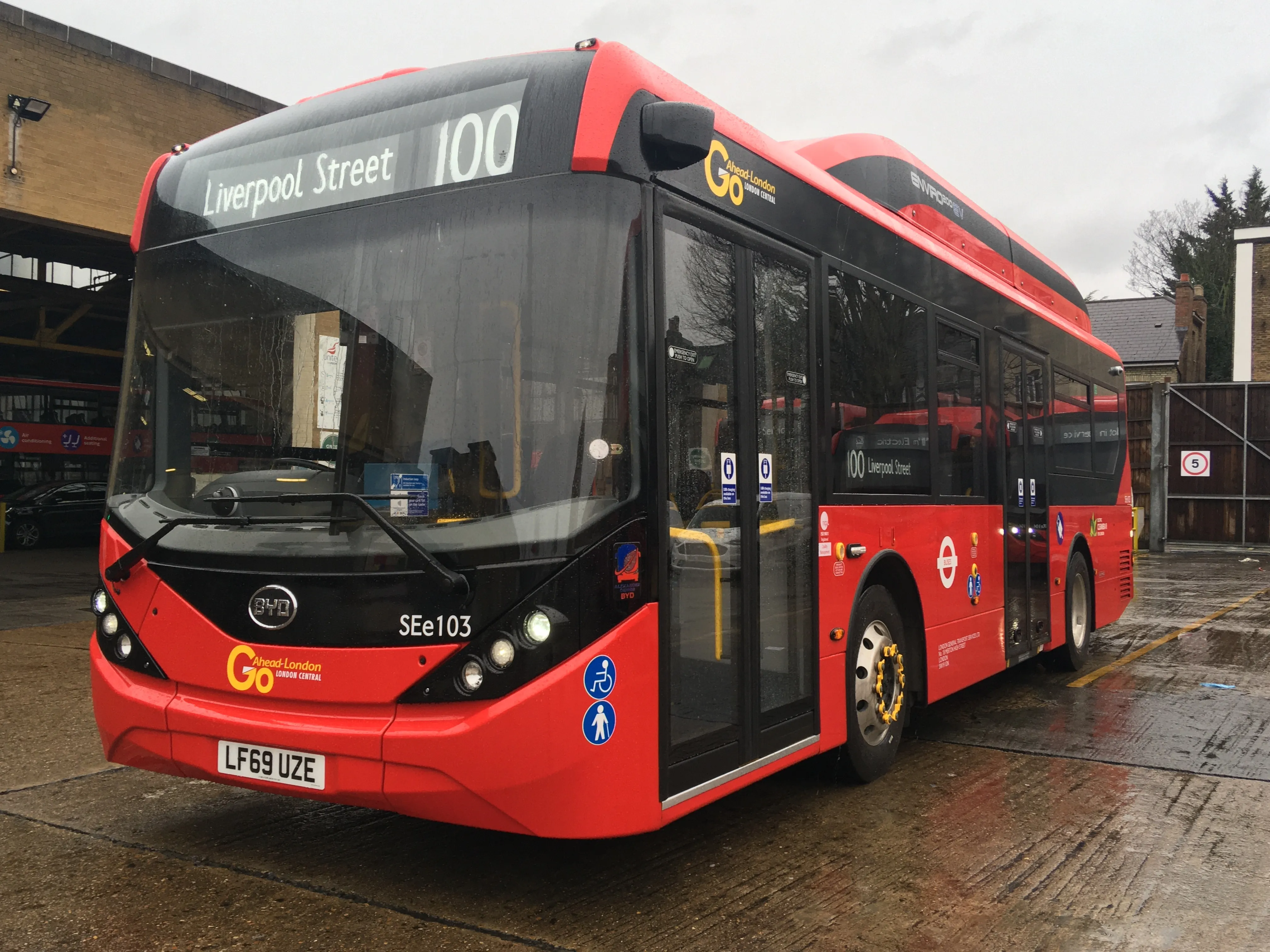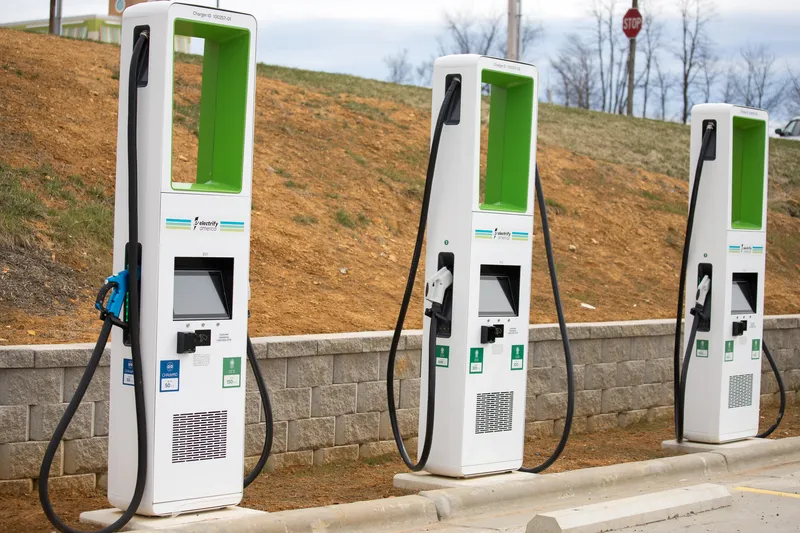
TfL says the sound will play until the bus reaches 12mph, or when it is reversing or stationary at bus stops. When travelling above this speed, the bus is expected to make enough noise for the alert to be unnecessary.
The pitch of the sound will vary with the speed of the vehicle to help people know where the bus is and which direction it is going, TfL adds.
The sound is being tested for six months at varying volumes on the 100 bus route, which runs between St. Paul’s Cathedral and Shadwell.
It will also be used on the C10 route between Canada Water and Victoria from March and the P5 between Elephant & Castle and Battersea from May – as new zero emission vehicles are introduced.
This artificial bus sound is part of an acoustic vehicle alerting system (AVAS) that will become mandatory for all new ‘quiet’ running vehicles to use after September 2021. AVAS will be consistent across all London bus operators and will available to transport providers across the UK.
Stephen Edwards, director of policy and communications at Living Streets, says: “TfL's trial of noise-emitting zero-emissions buses is a welcome step in ensuring that greener vehicles are equipped to be safe for everyone, particularly older people and pedestrians with sight impairments.”
The sound was developed in collaboration with Guide Dogs for the Blind, London Travelwatch and other accessibility, walking and cycling groups.









